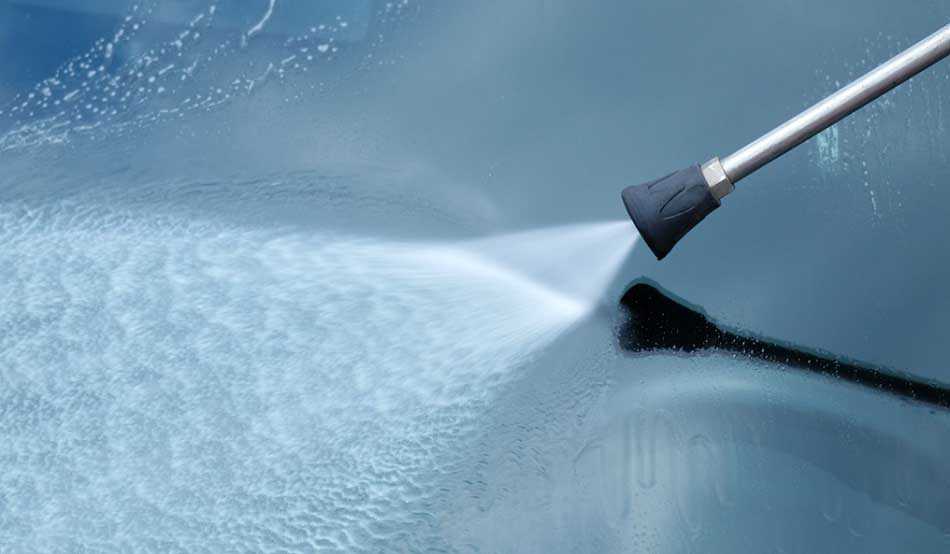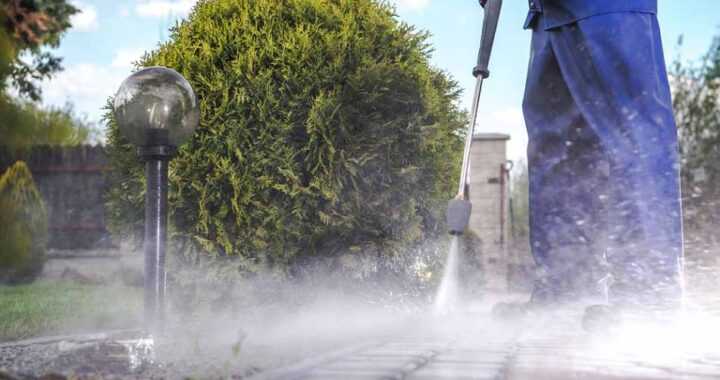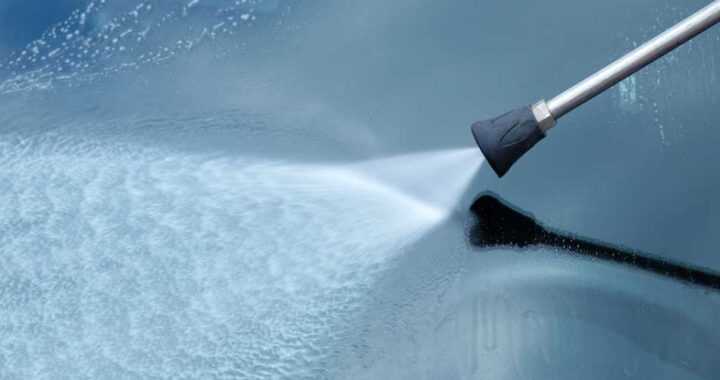
How Much Water Does a Pressure Washer Use?
Pressure washing is a highly effective technique for cleaning various surfaces, and it’s a practice that has gained immense popularity among homeowners and businesses alike. One of the most common concerns associated with pressure washing is its water usage. This article will dive into the factors affecting water consumption and provide insights into the efficiency of pressure washers.
Factors Affecting Water Consumption
Pressure Washer Type
There are two main types of pressure washers: electric and gas-powered. Generally, gas pressure washers consume more water than electric ones, but they also have more power and are suitable for larger jobs. The choice between the two depends on the scale of the job and your priorities on water conservation.
Nozzle Size
Different pressure washer nozzles have unique spray patterns, affecting the amount of water used. A nozzle with a wider spray pattern typically conserves more water than one with a tighter pattern. However, it’s crucial to use the appropriate nozzle for the task to achieve optimal cleaning results.
The Power of Your Pressure Washer
Pressure washers come in various power ratings, often expressed in psi (pounds per square inch) or GPM (gallons per minute). Higher psi pressure washers use less water per minute but clean faster. Balancing power and efficiency is essential to avoid wasting water.
Estimating Water Usage
On average, a residential pressure washer uses approximately 2 to 5 gallons of water per minute. In comparison, a garden hose typically uses about 6 to 10 gallons of water per minute. With this information, it’s easy to see that pressure washers are more efficient when it comes to water usage.
To estimate water consumption, you can use the GPM rating of your pressure washer and multiply it by the number of minutes spent cleaning. For example, using a 2 GPM pressure washer for 30 minutes would consume about 60 gallons of water.
Tips for Conserving Water While Pressure Washing
- Choose an efficient pressure washer: Opt for a model with an appropriate power rating and features that prioritize water conservation.
- Use the correct nozzle: Select a nozzle with a suitable spray pattern and angle for the task at hand.
- Schedule your cleaning: Consolidate your pressure washing needs and clean multiple areas in one session to reduce setup and teardown water waste.
- Pre-treat surfaces: Applying cleaning solutions to surfaces before pressure washing can help reduce water usage by loosening dirt and grime beforehand.
- Use a conservative technique: When in doubt, use the least amount of water necessary by adjusting your distance and angle of attack.
Finally, remember to take advantage of professional washers if you’re unsure about the process. Hiring experienced professionals for pressure washing in Orlando can help ensure that the job is done properly and efficiently. Thereby preventing unnecessary water waste and ensuring optimal results.
To Sum Up
Pressure washing is a highly effective and water-efficient cleaning method. Selecting the appropriate equipment, using the correct techniques, and hiring professional services can help conserve water and achieve remarkable results. For more information, check out this blog post which will help you to understand whether washers use your water or bring their own. With these insights, you can make an informed decision and enjoy the convenience of pressure washing. Thank you for reading!





